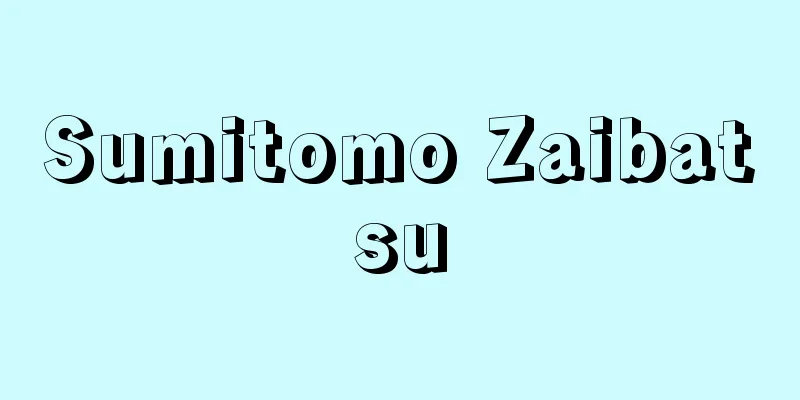Divine Song - Kamiuta

〘Noun〙① Songs sung by gods. Songs said to have been composed by gods. Shin'ei . ※Taiheiki (late 14th century) 25 "When a thousand gods sang the Kamiuta in unison , Amaterasu Omikami was pleased with this."② Songs praising the virtues of gods, or songs related to religious rites, mainly referring to a type of folk song from the Heian period. Songs related to religious rites such as songs about divine play and Kagura songs, sung to the tune of Noh songs. Included in the broad definition of Imayo , there are two-line Kamiuta, four-line Kamiuta, etc. ※Utsubo (around 970-999) Chrysanthemum Banquet "The divine child descends and dances in, the sound of the mountain people returning begins, and the Kamiuta is offered."③ The words of the " Okina" in Noh. Evolution.Shin-ka [Divine Song]Kan-uta [Divine Song]Kamu-uta [Divine Song]Source: The Selected Edition of the Japanese Language Dictionary About the Selected Edition of the Japanese Language Dictionary Information |
〘名〙① 神のうたう歌。神の詠じたという歌。神詠(しんえい)。※太平記(14C後)二五「一千の神達を引調子を調(そろ)へて、神歌(カミウタ)を歌ひ給ければ、天照太神是にめで給て」② 神の徳をたたえる歌、また、神事に関する歌の意で、主として、平安時代の歌謡の一種をいう。神遊びの歌や神楽歌などの神事に関する歌を、謡物の曲節でうたうもの。広義の今様(いまよう)のうちに含まれ、二句神歌、四句神歌などに分かれる。※宇津保(970‐999頃)菊の宴「御神子(みかうのこ)おりて舞ひ入り、山人かへす物の音いだし、かみうたつかまつる」③ 能楽で「翁(おきな)」の詞章。しんか。
しん‐か【神歌】かん‐うた【神歌】かむ‐うた【神歌】出典 精選版 日本国語大辞典精選版 日本国語大辞典について 情報 |
>>: Kamiichi [town] - Kamiichi
Recommend
Cape pondweed
...In temperate regions such as Japan, it is usua...
Comadre
…This trend was particularly evident in the Medit...
Meshibumi - Meshibumi
〘noun〙① A letter issued by a government office to ...
Šibenik - Shibenik (English spelling)
A city in the southwest of the Republic of Croati...
Alexander Mitscherlich
1908‐1982 One of Germany's leading contemporar...
Alfred Hettner
German geographer. As a professor at the Universi...
Plastic rigidity
…When the muscles of the limbs are in a state of ...
Aizen Myoo's Fire-Grilled Meatballs - Aizen Myoo's Hot Potatoes
...In particular, the Inari fire-burning ritual i...
Asbestos - Asbestos (English spelling)
A fibrous mineral that is naturally mined in mines...
Seasoning (food) - Enbai
...The main source of sourness is citric acid. In...
Tulipa fosteriana (English spelling)
…[Hiroshi Aramata]. … *Some of the terminology th...
Yoshimasa Tanaka
A military commander and feudal lord from the end...
Nigihayahi-no-Mikoto
The ancestor of the Mononobe clan. The Mononobe cl...
Stable growth - Antique
The fastest economic growth possible without causi...
Trichophyton rubrum
...Dermatophytosis is mainly caused by infection ...

![California [State] - California](/upload/images/67cb4314a6eb2.webp)







